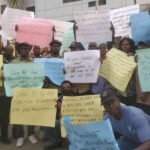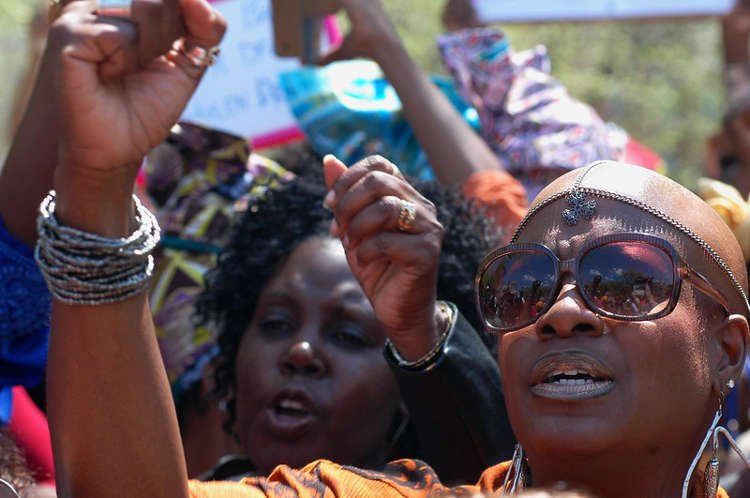The United States’ decision to pause international funding through USAID is a wake-up call for African nations to reassess their reliance on foreign aid and prioritise self-sufficiency, accountable governance, and sustainable social development.
Development Diaries reports that the United States announced in January a 90-day pause in its foreign development assistance for assessment of programmatic efficiencies and consistency with its foreign policy.
For decades, many African countries have depended on foreign aid to sustain critical sectors such as healthcare, education, and governance.
Now, with a 90-day halt in funding, millions of vulnerable citizens face immediate risks, from malnutrition due to disrupted school feeding programmes to critical shortages of medicine in underfunded hospitals.
Downsides of aid dependency
While foreign aid has provided short-term relief for African countries, it has also contributed to a cycle of dependency that weakens national institutions and stifles innovation.
The reality is that foreign donors dictate how funds are used, often prioritising their own strategic interests over the long-term needs of recipient countries.
Also, reliance on aid reduces the urgency for African governments to develop sustainable revenue streams through industrialisation, innovation, and efficient taxation.
In contrast, successful economies across the world have prioritised self-reliance over aid. Countries like South Korea, once aid-dependent, made deliberate shifts towards economic diversification, infrastructure investment, and governance reforms. Africa must take the same approach.
Building economic self-sufficiency
African governments must move away from over-reliance on extractive industries and implement progressive taxation systems that ensure corporations and high-income earners contribute fairly.
Strengthening tax compliance, eliminating corruption in revenue collection agencies, and reducing illicit financial flows will significantly boost domestic resources.
Also, many African countries export raw materials and import finished goods, missing out on significant economic gains. Instead of exporting crude oil, cocoa, and minerals, Africa must develop industries that refine, process, and manufacture goods locally, creating jobs and increasing economic stability.
In addition, the continent needs to strengthen its governance and combat corruption. Weak governance and corruption have hindered Africa’s progress toward self-sufficiency. Transparency in public expenditure, strict anti-corruption measures, and accountable leadership will ensure that national resources are directed toward development rather than personal enrichment.
And with respect to businesses across the continent, governments should provide access to credit, invest in infrastructure, and create policies that encourage business growth. Strengthening local production reduces dependence on foreign imports and fosters sustainable economic growth.
African countries should also leverage regional trade and intra-African cooperation like the African Continental Free Trade Area (AfCFTA), which presents a unique opportunity for economic integration.
Therefore, Development Diaries calls on African governments to use this moment to implement long-overdue economic reforms by prioritising self-sufficiency over donor reliance, ensuring budget transparency, and investing in sectors that create lasting economic independence.
For civil society and citizens, we must continue to demand accountability from leaders. Advocate for policies that strengthen local industries, improve governance, and ensure sustainable development without dependency.
To the African Union and regional bodies, drive a united front for economic resilience by facilitating trade, encouraging industrialisation, and pushing for reforms that support Africa’s long-term growth.
Photo source: Michael Fleshman







